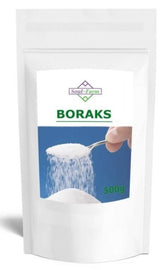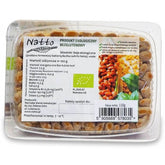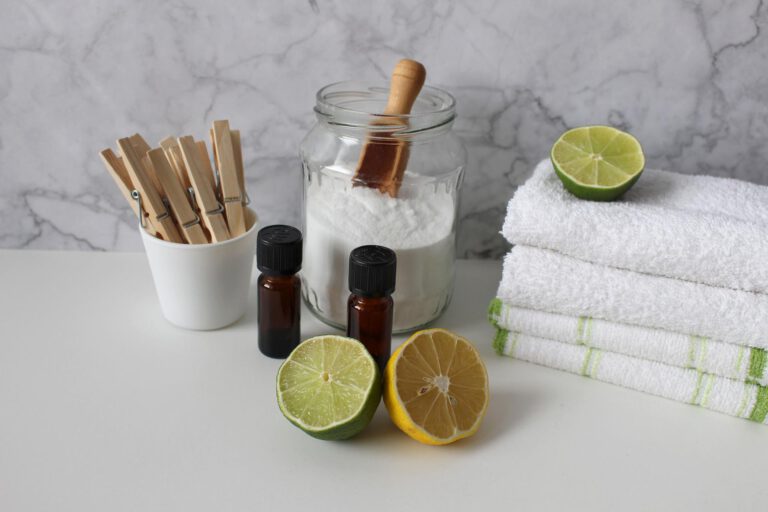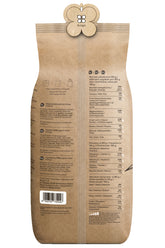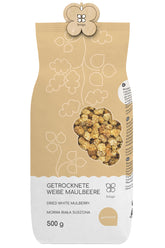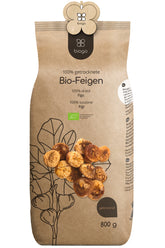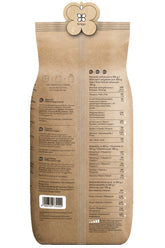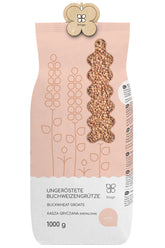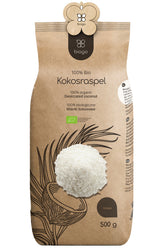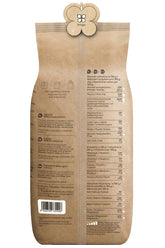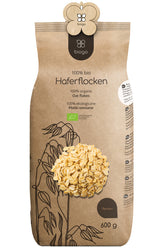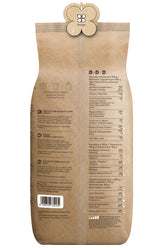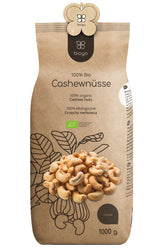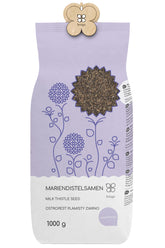Zero-waste spring cleaning
Contents
- Homemade cleaning products
- Cleaning without generating waste
- Spring wardrobe review
- Zero-waste cleaning in the kitchen and bathroom
In spring, when nature springs to life, it's time for change and, of course, for spring cleaning and organizing the space around us. We clean windows, scrub bathrooms, and reorganize our closets by putting away heavy winter coats and replacing them with lighter ones. How can we accomplish all this cleaning without producing tons of waste and without inhaling the irritating fumes of chemical cleaners? The solution is ecological, zero-waste cleaning.
Homemade cleaning products
Drugstore cleaning products contain harmful substances that are harmful to both the environment and us. Irritating ingredients in such products include ammonia , formaldehyde, and chlorine. They irritate the skin and respiratory tract. However, it turns out that we don't necessarily need them if we want to enjoy a sparkling bathroom and a clean kitchen. Instead of spending a fortune on supermarket chemicals, we can easily and safely make ecological and, above all, effective cleaning products at home, just like our grandmothers did. To prepare the basic cleaner, you only need water and vinegar in a 4:1 ratio. Pour the prepared product into the sprayer. We can use it to clean the bathroom, mirrors, windows, kitchen countertops, sinks, or refrigerators. Vinegar has descaling and polishing properties. It is effective and harmless to the environment. Other ingredients suitable for scrubbing a sink, for example, are baking soda mixed with a little water. If we want a specific scent, we can also add a few drops of our favorite essential oil to the baking soda .
If you want snow-white curtains, simply soak them in a baking soda solution in a large bowl or bathtub for at least an hour. 500g of baking soda is sufficient for about 10 liters of water. Simply rinse the soaked curtains in a washing machine set to hand wash and add another portion of baking soda directly to the drum. After washing, the curtains will be white and slightly stiff, making them a better fit.
Cleaning without generating waste
It turns out that paper towels are most commonly used for washing and wiping surfaces during household cleaning. Paper towels dominate in Polish households, and while they're convenient, it's worth considering how many trees it takes to produce a roll of such paper and how much waste we generate when they immediately end up in the trash after a single use. Cloth towels are, firstly, absorbent, and secondly, we can use them frequently.
Spring wardrobe review
Although spring often makes us want to change the decor of our surroundings, before rushing to the shops to buy new tablecloths and accessories, we should consider whether it might not be better to initiate a spring metamorphosis of our environment without buying new items. Sometimes a thorough inspection of our wardrobes and home textiles is enough to reveal that we already have quite a large stock of table runners, cushion covers and other textiles. Perhaps we also have favorite materials that have stains or holes? Instead of throwing them away, we can then try to repair them by darning them or adding decorative embroidery to the damaged area, the so-called visible area. Mending, or visible darning, has recently become very popular. This turns repaired items into original and unique pieces.
Zero-waste cleaning in the kitchen and bathroom
When cleaning the bathroom and kitchen, we can think about how to remove excess plastic from these spaces. Instead of soaps, shampoos, and conditioners in plastic bottles, for example, we can choose their equivalents, sold in bars and packaged in paper or cardboard boxes. Spring cleaning is also the perfect time to check what's hidden deep in our kitchen drawers and cupboards. It's worth taking a close look to see if we have any products that need to be used up as soon as possible because they've expired.
THE PUBLISHER'S CHOICE
Almonds 1 kg BIOGO
- €11,69
€13,75- €11,69
- Unit price
- / per
Walnuts 800 g BIOGO
- €8,65
€10,18- €8,65
- Unit price
- / per
Dried organic mango 400 g BIOGO
- €10,99
- €10,99
- Unit price
- / per
Dried White Mulberries 500 g ORGANIC
- €5,84
€6,87- €5,84
- Unit price
- / per
Dried organic figs 800 g BIOGO
- €30,12
- €30,12
- Unit price
- / per
Unpeeled buckwheat groats 1 kg BIOGO
- €2,81
€3,31- €2,81
- Unit price
- / per
Organic coconut flakes 500 g BIOGO
- €10,07
- €10,07
- Unit price
- / per
Organic oat flakes 600 g BIOGO
- €3,77
- €3,77
- Unit price
- / per
Organic cashew nuts 1 kg BIOGO
- €19,99
- €19,99
- Unit price
- / per
Milk thistle seeds 1 kg BIOGO
- €3,99
- €3,99
- Unit price
- / per






